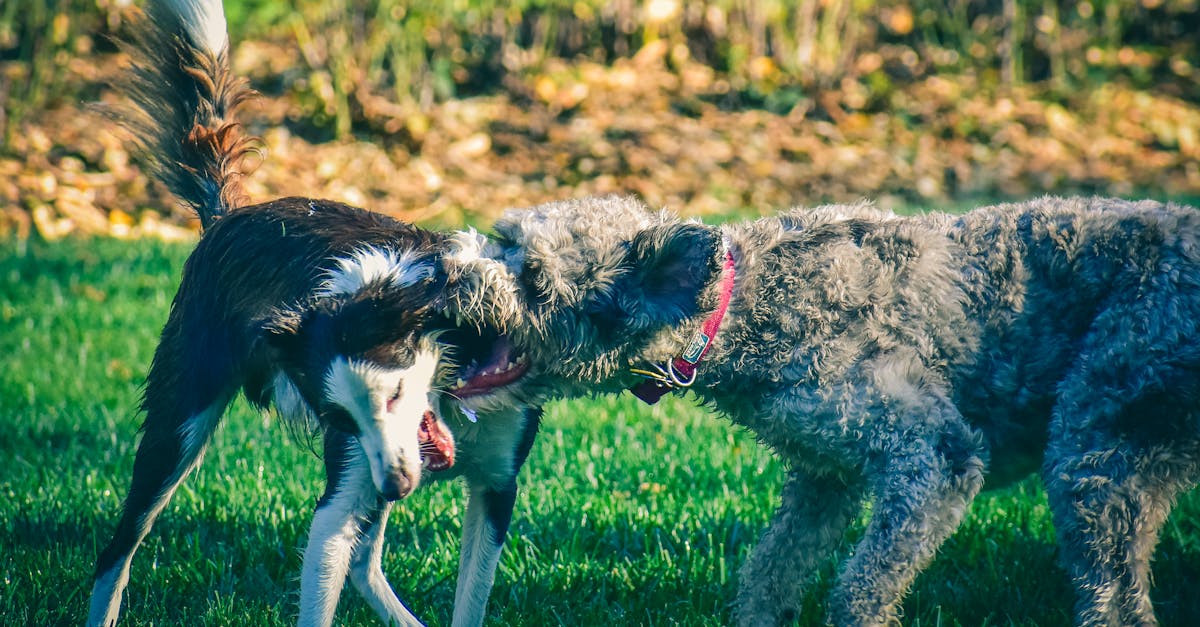Unveiling the Hidden Side of Man’s Best Friend 🐶
Picture this: You’re sitting on your couch, your loyal dog curled up at your feet, gazing at you with those big, soulful eyes. You’ve always thought of dogs as the epitome of loyalty, love, and companionship. But what if I told you there’s more to these furry friends than meets the eye? Ever wonder why your dog behaves a certain way or reacts unpredictably? Let’s dive into the lesser-known truths about dogs that might just blow your mind.
The Evolutionary Tale: From Wolves to Woofs
It hit me that, looking back, it’s interesting how dogs have evolved from their wild ancestors, wolves. The domestication of dogs is a fascinating journey that spans thousands of years. But here’s a funny thing: despite their domestication, some wild instincts still linger in our modern-day pets.
The Pack Mentality
Dogs are inherently pack animals. This instinctual behavior stems from their wolf ancestors who thrived in social groups. The reality is, your dog sees you and your family as its pack. This can explain why dogs exhibit behaviors like guarding their territory or showing loyalty to their “alpha” (often you).
- Guarding Behavior: Ever notice your dog getting territorial when strangers approach your home? It’s their instinct to protect the pack.
- Loyalty: Dogs are known for their unwavering loyalty. This is a direct result of their pack mentality, where loyalty to the pack leader is paramount.
The Hunting Instinct
I’ve come to realize that some behaviors we see in dogs today are remnants of their hunting days. If you’re like me, you’ve probably seen your dog chase after squirrels or birds. This isn’t just playful behavior; it’s a throwback to their hunting instincts.
- Chasing: Dogs love to chase moving objects, be it a ball or a squirrel. This is an innate hunting behavior.
- Digging: Ever caught your dog digging holes in the yard? This could be them trying to bury a “kill” or create a den, much like their wild ancestors.
The Emotional Depth of Dogs
You’d be surprised to know that dogs have a complex emotional life. Speaking from experience, dogs can experience a range of emotions similar to humans, including joy, fear, anger, and even jealousy.
The Bonding Hormone: Oxytocin
What’s fascinating is that both dogs and humans release oxytocin, often referred to as the “love hormone,” when they interact. This hormone plays a crucial role in bonding and social behaviors.
- Eye Contact: When you look into your dog’s eyes, both of you experience a surge in oxytocin, strengthening your bond.
- Cuddling: Physical touch, like petting or cuddling, also releases oxytocin, making both you and your dog feel happier and more connected.
The Emotional Spectrum
Dogs are capable of experiencing a wide range of emotions. I couldn’t help but notice how my dog reacts differently in various situations, much like a human would.
- Joy: Tail wagging, jumping, and playful behavior are signs of a happy dog.
- Fear: Trembling, hiding, or excessive barking can indicate fear.
- Jealousy: Ever seen your dog get between you and another pet? That’s jealousy at play.
The Dark Side: Behavioral Issues and Their Causes
I can’t forget the time when my usually calm dog suddenly became aggressive. It dawned on me that dogs, like humans, can suffer from a range of psychological issues. Let’s dive into some of the darker truths about dog behavior.
Aggression and Anxiety
Aggression in dogs can be alarming and is often a sign of underlying issues. The thing is, aggression can stem from fear, anxiety, or even pain.
- Fear Aggression: Dogs may become aggressive when they feel threatened or scared.
- Pain-Induced Aggression: If a dog is in pain, it may lash out as a defense mechanism.
- Anxiety: Separation anxiety is common in dogs and can lead to destructive behavior when left alone.
The Impact of Environment
I’ve often thought about how a dog’s environment influences its behavior. The reality is, a stressful or unstable environment can lead to behavioral problems.
- Lack of Socialization: Dogs that aren’t properly socialized may become fearful or aggressive.
- Neglect: Dogs that are neglected or abused can develop a range of behavioral issues, from aggression to anxiety.
The Health Myths: What You Need to Know
You won’t believe some of the misconceptions surrounding dog health. As someone who’s spent years caring for dogs, I’d like to share some truths that might surprise you.
The Raw Food Debate
If I had to guess, you’ve probably heard the debate about feeding dogs raw food. Some swear by it, while others warn against it. The reality is, there are pros and cons to both sides.
- Pros: Advocates claim raw food can lead to shinier coats, healthier skin, and cleaner teeth.
- Cons: Critics warn about the risk of bacterial infections and an unbalanced diet.
Vaccinations and Medications
It’s interesting how some dog owners are skeptical about vaccinations and medications. I can’t help but think that the benefits far outweigh the risks.
- Vaccinations: Essential for preventing serious diseases like rabies, parvovirus, and distemper.
- Medications: Necessary for treating various health conditions, from infections to chronic illnesses.
The Big Picture: What It All Means for You and Your Dog
Looking back, it’s interesting that our understanding of dogs has evolved so much over the years. From my point of view, being aware of these lesser-known truths can help you become a better pet owner.
Building a Stronger Bond
Knowing about your dog’s instincts and emotions can help you build a stronger bond. You might find this helpful in understanding why your dog behaves a certain way and how to respond appropriately.
Addressing Behavioral Issues
If your dog exhibits problematic behavior, it’s crucial to identify the root cause. Whether it’s due to fear, anxiety, or environmental factors, addressing these issues can lead to a happier, healthier pet.
Prioritizing Health and Wellness
In my opinion, being informed about your dog’s health needs is essential. Whether it’s choosing the right diet or ensuring they’re up-to-date on vaccinations, these steps can significantly impact their well-being.
Taking the Next Step: Becoming a Better Dog Parent
So, what’s the takeaway here? The reality is, being a dog parent is a continuous learning process. I’ve learned that understanding the complex nature of dogs can lead to a more fulfilling relationship with your furry friend.
Educate Yourself
There’s always more to learn about dogs. Read books, attend seminars, or join online forums to stay informed.
Be Observant
Pay close attention to your dog’s behavior and health. Early detection of issues can prevent bigger problems down the line.
Show Love and Patience
Dogs thrive on love and patience. The more you invest in understanding and caring for them, the more rewarding your relationship will be.
In the end, dogs are incredible creatures with a rich history and complex emotional lives. By embracing these shocking revelations, you can deepen your bond and ensure a happy, healthy life for your beloved pet. 🐾










